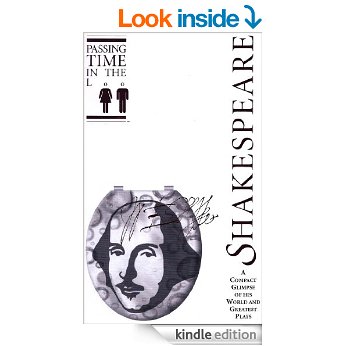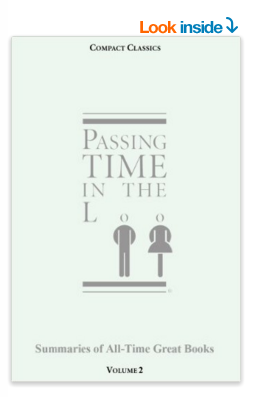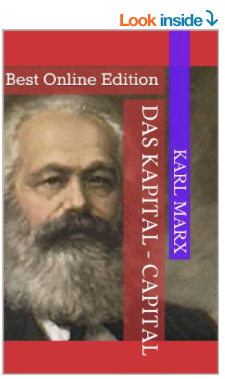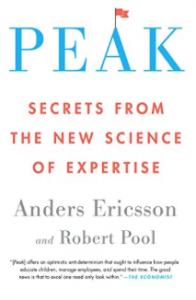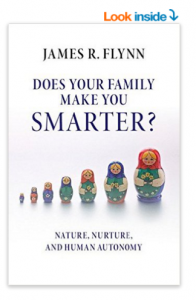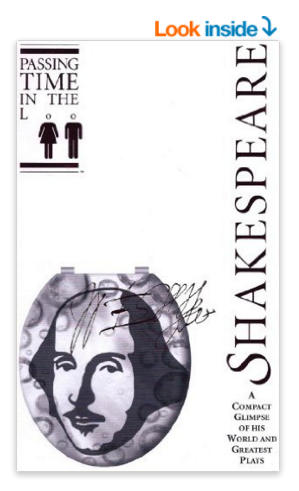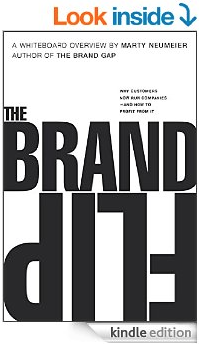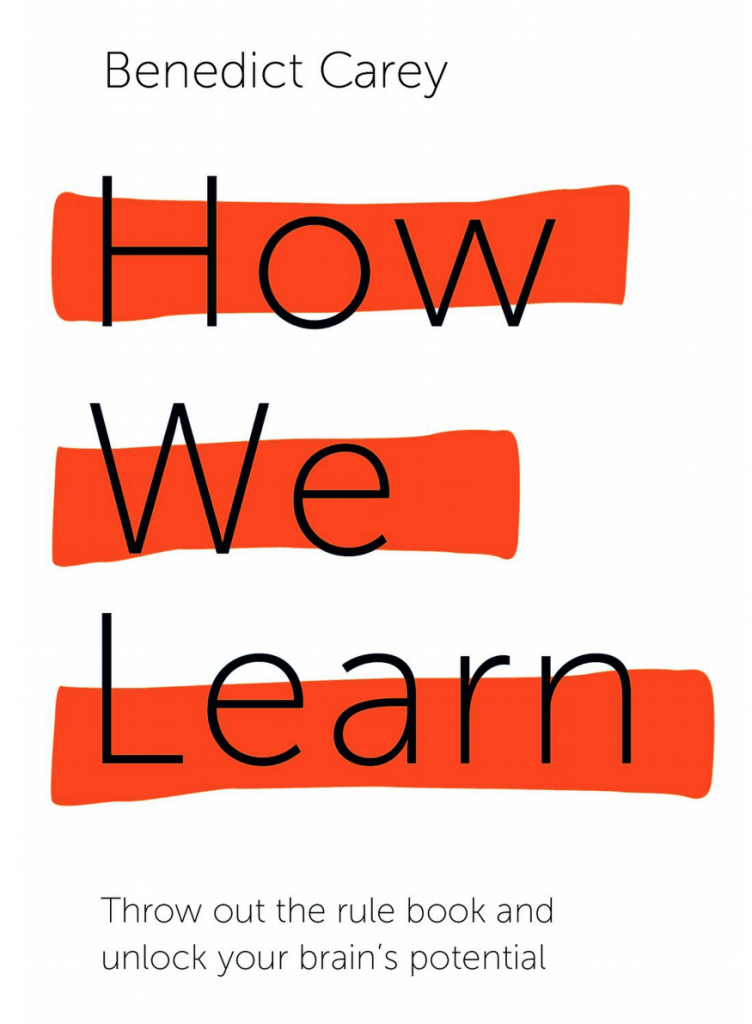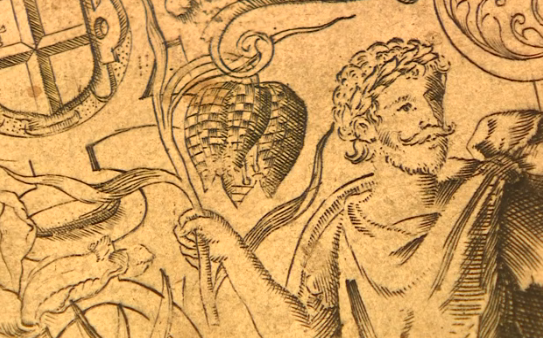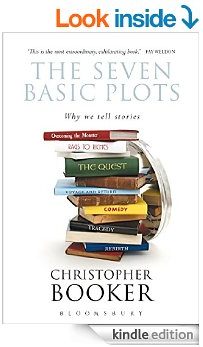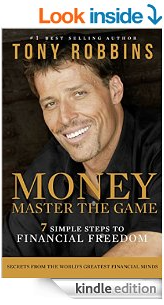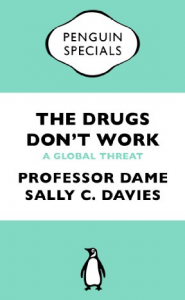Summary of Macbeth by William Shakespeare
Macbeth by William Shakespeare
TYPE OF WORK
Tragic fatalistic drama
SETTING
11th century Scotland
PRINCIPAL CHARACTERS
Macbeth A noble Scottish chieftain
Lady Macbeth His wife
Banquo Macbeth’s warrior-friend
Fleance Banquo’s son
Duncan King of Scotland, a gentle and perfect ruler
Macduff A rebel lord
Three Witches
On a stormy night, Scottish armies managed to suppress a rebellion, largely through the valor of two noblemen, Macbeth and Banquo. They also had frustrated a Viking invasion that had received assistance from a prominent Scotsman, the Thane of Cawdor. When news of these two events reached Duncan, King of Scotland, he was delighted with Macbeth’s performance, but insisted that Cawdor’s treason warranted his death. Accordingly, the king declared that Cawdor be executed and that Macbeth be named in his stead, Thane of Cawdor.
Meanwhile, Macbeth and Banquo, on their way home from war, happened upon a trio of witches – hags stirring a blackened caldron and heralding Macbeth’s arrival: “Double, Double, toil and trouble.” The witches astonished the pair by prophesying that Macbeth would become first, the new Thane of Cawdor, and then, King of Scotland; and that Banquo would become the father of kings. Then the dark hags vanished, leaving Banquo and Macbeth to speculate over these strange prophecies.
“Double, Double,
toil and trouble.”
No sooner had the witches departed than two of the king’s messengers arrived with news that Macbeth had indeed been named to replace the deposed Thane of Cawdor. Macbeth was amazed to see the first of the witches’ prophecies so quickly fulfilled, and began to believe in the ultimate fulfillment of the second. If he could be Thane of Cawdor, perhaps he could rule all of Scotland as well. This innocent belief quickly expanded into a deep-seated ambition, which began to taint Macbeth’s mind with dark thoughts: Would the prophecy fulfill itself, or would he have to take action to usurp the throne? Since Duncan was king, would not one of his two sons follow him in ruling Scotland? All this time, Banquo resisted any thoughts of hastening the witches’ prophecy that his children would be kings, but could sense the unrest stirring inside the soul of his fellow officer.

